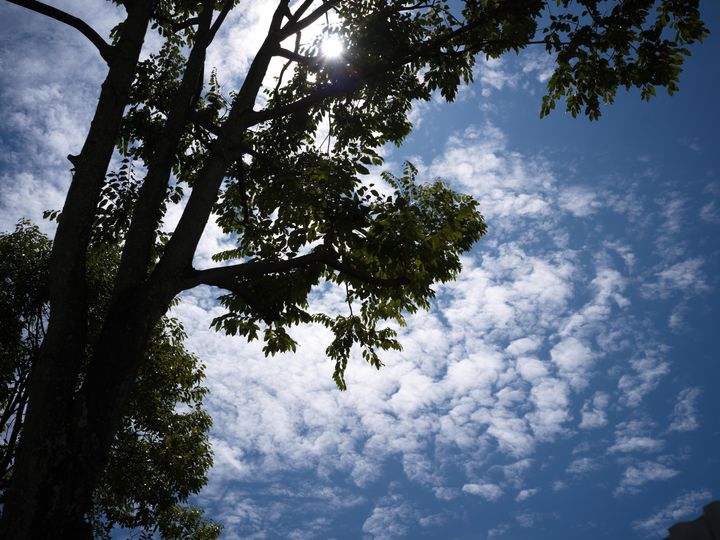QT 30/08/2024 Fri. Ezekiel 18. Personal Responsibility for current plight. 对目前的困境负有个人责任。

QT 30/08/2024 Fri. Ezekiel 18
READ http://www.esvbible.org/eze18
MEDITATION: The exiles might have struggled with the idea of who was morally responsible for their current plight. Was it "the fathers" (Ezek 18:2,4,10,14,17,18,19,20) or "the children" themselves (Ezek 18:10,14,19,20)?
The proverb of Ezek 18:2 was about the fathers eating sour grapes. Yet it was the children's teeth that suffered the consequences (became blunt and dull). The LORD declared that "this proverb shall no more be used by you in Israel" (Ezek 18:3).
Three case studies were given to illustrate this: (1) the righteous man, Ezek 18:5-9, (2) the violent son, Ezek 18:10-13 and (3) the grandson who did not follow his own father, Ezek 18:14-17.
Fatalism pinned the blame of one's plight on others, e.g., the previous generation. This viewpoint was that there was nothing that one could do and that it was not our fault. However, Ezek 18:21-32 opened the way for the exiles to hold fast to the LORD's mercy. There was something the exiles could do: repent and live!!
The wicked man who repents shall live (Ezek 18:21-23) but the righteous man who falls into sin shall die (Ezek 18:24).
APPLICATION: Repent and live! Don't blame others.
MEMORY VERSE: For I have no pleasure in the death of anyone, declares the Lord GOD; so turn, and live. (Ezek 18:32)
星期五 2024年8月30日 今日读经:以西结书18章。对目前的困境负有个人责任。
http://m.bbintl.org/bible/ncv/eze/18/
默想:那些被掳的心里或许会很挣扎,到底谁在道义上该为他们目前的处境负责。是那些“为父”的(结18:2,4,10,14,17,18,19,20) 或是“儿子”本身(结18:10,14,19,20)?
以西结18:2里提到的俗语是父亲吃酸葡萄。但承担后果的却是儿子的牙齿(变得钝而无光泽)。耶和华宣告“在以色列中必不再引用这俗语了”(结18:3)。
这里用了三个案例来说明: (1) 公义的人,以西结18:5-9,(2)凶恶残暴的儿子,以西结18:10-13 和(3) 不照着自己的父亲所行的孙子,以西结18:14-17。
宿命论把自己的处境怪罪于其他人,比如说上一代人。其观点就是我无能为力而且也不是我们的错。然而,以西结18:21-32却为那些被掳的开了一条路,让他们能够得到耶和华的怜悯。有一件事是那些被掳的可做的,那就是:回头而存活!
恶人若回头离开所作的一切罪恶,他必定存活(结18:21-23)但那义人若转离他的义去行恶,他必死亡(结18:24)。
应用:回头而存活!不要怪罪于其他人。
背诵金句:我不喜悦任何人灭亡,所以你们要回转,得以存活。这是主耶和华的宣告。(结18:32)


